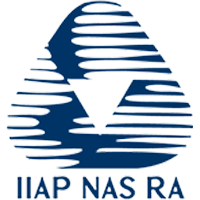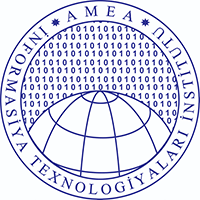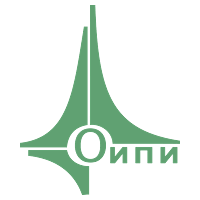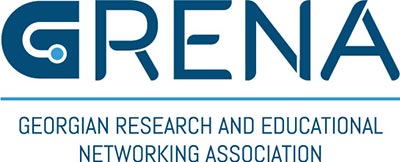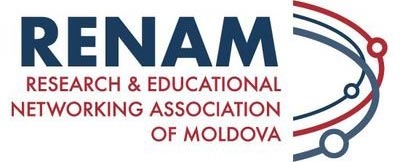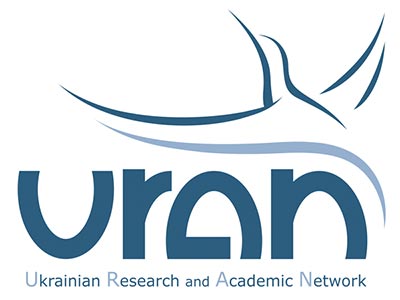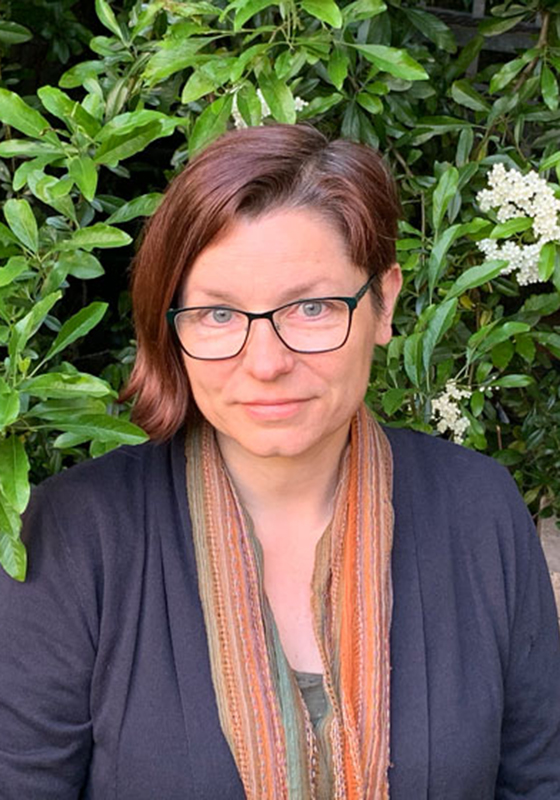With researchers racing to understand COVID-19, and with people working and studying from home in many countries, national research and education network (NREN) organisations are providing tools and services to support these activities. Partners in the EU-funded EaPConnect project are no exception.
Eastern Partnership NRENs are supporting their communities in the six Eastern Partnership (EaP) countries: Armenia, Azerbaijan, Belarus, Georgia, Moldova and Ukraine in a variety of ways.
Ramping up research
Moldovan researchers are accessing and analysing medical data relevant to COVID-19 treatment, thanks to support from RENAM, the Research and Educational Networking Association of Moldova. The provision of Internet network infrastructure, computer processing and storage enables researchers at the Emergency Medicine Institute in Chisinau to use the DICOM (Digital Imaging and Communications in Medicine) Network for storing and transmitting medical images. They are participating in international collaborations with partners from EU countries and using these experiences in building collaborations within Moldova. RENAM has also been actively promoting the PRACE (Partnership for Advanced Computing in Europe) scheme to fast track proposals aimed at mitigating the impact of COVID-19. Moldovan scientists in the domains of biomolecular research, bioinformatics, bio-simulations and epidemiologic analysis can apply for computing resources needed for their scientific activities.
In Armenia, ASNET-AM is supporting the Institute of Informatics and Automation Problems of the National Academy of Sciences in preparations to model the behaviour of the virus. They are beginning to collaborate with the Ministry of High-Tech Industry to model expected outcomes of the pandemic and the possibility of a resurgence.
In Georgia, GRENA responded to requests from several universities, increasing their Virtual Machine (VM) resources and optimising their configuration. In Belarus, scientists already had experience in synthesising protein compounds using high performance computing technologies, and BASNET is supporting bioinformatics researchers from the United Institute of Informatics Problems (UIIP) to submit a proposal to the Fastgrants initiative, which was announced to combat COVID-19.
All the EaPConnect partners are now exploring other ways in which they can work together and with EU partners to facilitate eHealth and research on diagnostics, treatment and prevention.
Online communication and learning tools
With research institutions already enjoying high-bandwidth connectivity and advanced services provided by the NRENs, one of the most pressing issues of the crisis has been to ensure that working and learning from home is possible. Videoconferencing, web conferencing, e-learning platforms and other online tools were already provided by EaPConnect partners, but some of them added new tools to their offer specifically in response to the pandemic.
 The easy-to-use eduMEET online meeting tool was developed in the EU-funded GÉANT (GN4-3) Project. It has been made widely available as a standalone tool or as part of openUp2U, the trimmed down version of the EU-funded Up2U project’s Next Generation Digital Learning Environment. RENAM now offers eduMEET and openUp2U and is actively promoting these tools to educational institutions and seeking support from the Ministry on Education, Culture and Research of the Republic of Moldova to ensure continued learning during the crisis. URAN Association (Ukraine) rapidly set up eduMEET with the support of EaPConnect, Up2U and GÉANT. Within two weeks of its launch on 24 March, the tool was attracting regular users and clocking up 100 concurrent users at busy times.
The easy-to-use eduMEET online meeting tool was developed in the EU-funded GÉANT (GN4-3) Project. It has been made widely available as a standalone tool or as part of openUp2U, the trimmed down version of the EU-funded Up2U project’s Next Generation Digital Learning Environment. RENAM now offers eduMEET and openUp2U and is actively promoting these tools to educational institutions and seeking support from the Ministry on Education, Culture and Research of the Republic of Moldova to ensure continued learning during the crisis. URAN Association (Ukraine) rapidly set up eduMEET with the support of EaPConnect, Up2U and GÉANT. Within two weeks of its launch on 24 March, the tool was attracting regular users and clocking up 100 concurrent users at busy times.
URAN, RENAM and ASNET-AM also offer tools based on the open-source web-conferencing system BigBlueButton, which offers different functionality than eduMEET. URAN’s online meeting tool WebClass has proved popular, with increased usage during this crisis period. ASNET-AM offers a lightweight meeting tool (meet.asnet.am), a fuller conferencing tool (barev.asnet.am), and a Moodle-based e-Learning tool (edu.asnet.am). The GRENA IT Academy tested BigBlueButton and Zoom before moving its e-learning to WEBEX. BASNET handled technical issues to allow online meetings to take place at the Presidium of the National Academy of Sciences of Belarus (NASB).
In Azerbaijan there has been a focus on developing and applying new forms of training, including distance learning, and making use of interactive learning opportunities. The NREN AzScienceNet now hosts a Distance Learning Centre on its science corporate network at the Institute of Information Technology of the Azerbaijan National Academy of Sciences. Doctoral students at the Nakhchivan State University (NSU) have been using the system for online lectures during the crisis. It is the intention to create a distance education service that will make a valuable contribution to the innovative development of the education system in Azerbaijan in the longer term.
Other initiatives
GRENA has not only been supporting universities in solving technical problems with e-learning and videoconferencing, but, by increasing access capacity and VM resources to several media organisations and news agencies, GRENA has also been helping the nation stay up-to-date on the COVID-19 situation in Georgia and worldwide.
Belarus has been affected later than many other countries and only began closures and restrictions in early April. One initiative that the NREN BASNET has been supporting however, is online live ‘Music Therapy’ concerts – providing educational entertainment for the wider population.
Ensuring continuation of research and education
While commercial Internet Service Providers have been struggling to keep up with bandwidth demand, the NRENs have enough capacity to ensure the continuation of critical research. Even with EaPConnect partners’ staff working safely in ‘quarantine’ at home, all partners are ensuring the uninterrupted operation of their high-bandwidth networks and services, which are core to the work of the research communities in their countries.


